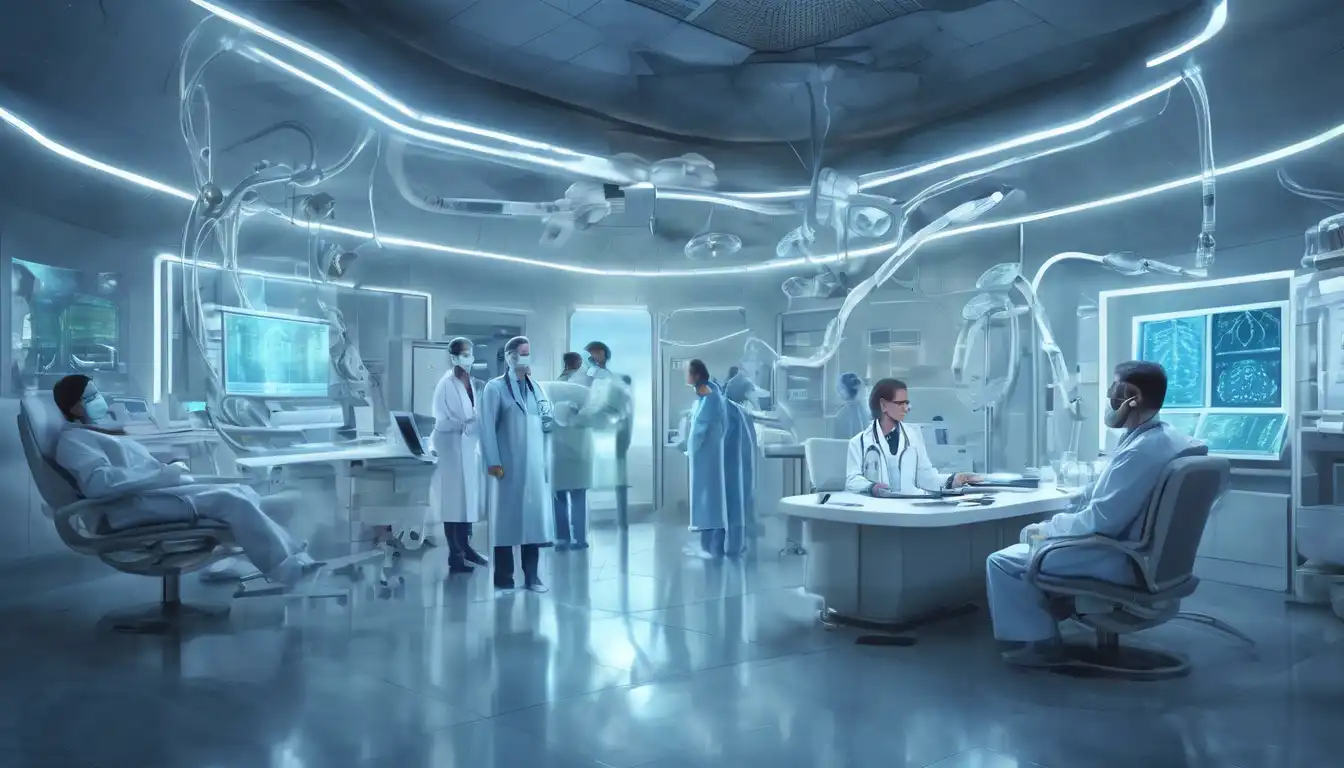The Revolutionary Role of AI in Healthcare
Artificial Intelligence (AI) is revolutionizing the healthcare industry by providing innovative solutions to complex problems. From diagnostics to treatment plans, AI is enabling healthcare professionals to deliver better care with greater efficiency.
Enhancing Diagnostic Accuracy
AI algorithms are now capable of analyzing medical images with precision that rivals human experts. This not only speeds up the diagnostic process but also reduces the chances of human error, leading to better patient outcomes.
Personalized Treatment Plans
By analyzing vast amounts of data, AI can help create personalized treatment plans for patients. This approach ensures that each patient receives care tailored to their unique needs, improving the effectiveness of treatments.
Streamlining Administrative Tasks
AI is also transforming the administrative side of healthcare. From scheduling appointments to managing patient records, AI-powered tools are reducing the workload on healthcare staff, allowing them to focus more on patient care.
Predictive Analytics for Preventive Care
With predictive analytics, AI can identify potential health risks before they become serious. This proactive approach to healthcare can save lives and reduce the burden on healthcare systems.
Challenges and Ethical Considerations
Despite its benefits, the integration of AI into healthcare comes with challenges. Issues such as data privacy, security, and the need for transparent algorithms must be addressed to ensure the ethical use of AI in healthcare.
For more insights into how technology is shaping the future of healthcare, explore our technology in healthcare section.
Conclusion
The role of AI in modern healthcare solutions is undeniable. As technology continues to evolve, the potential for AI to improve healthcare outcomes is limitless. However, it is crucial to navigate the challenges carefully to fully realize the benefits of AI in healthcare.
